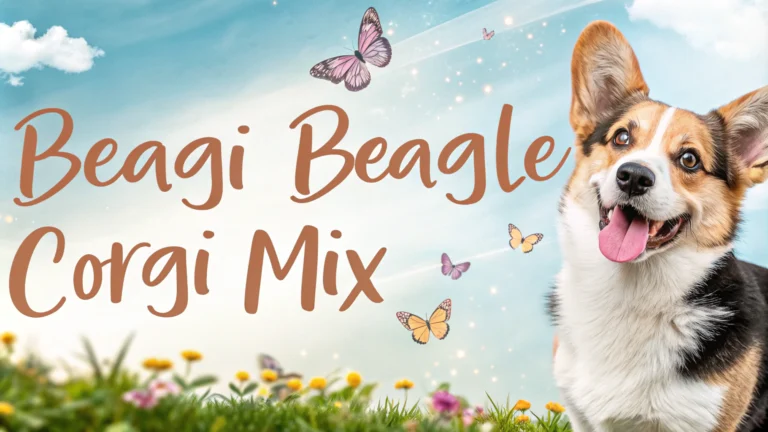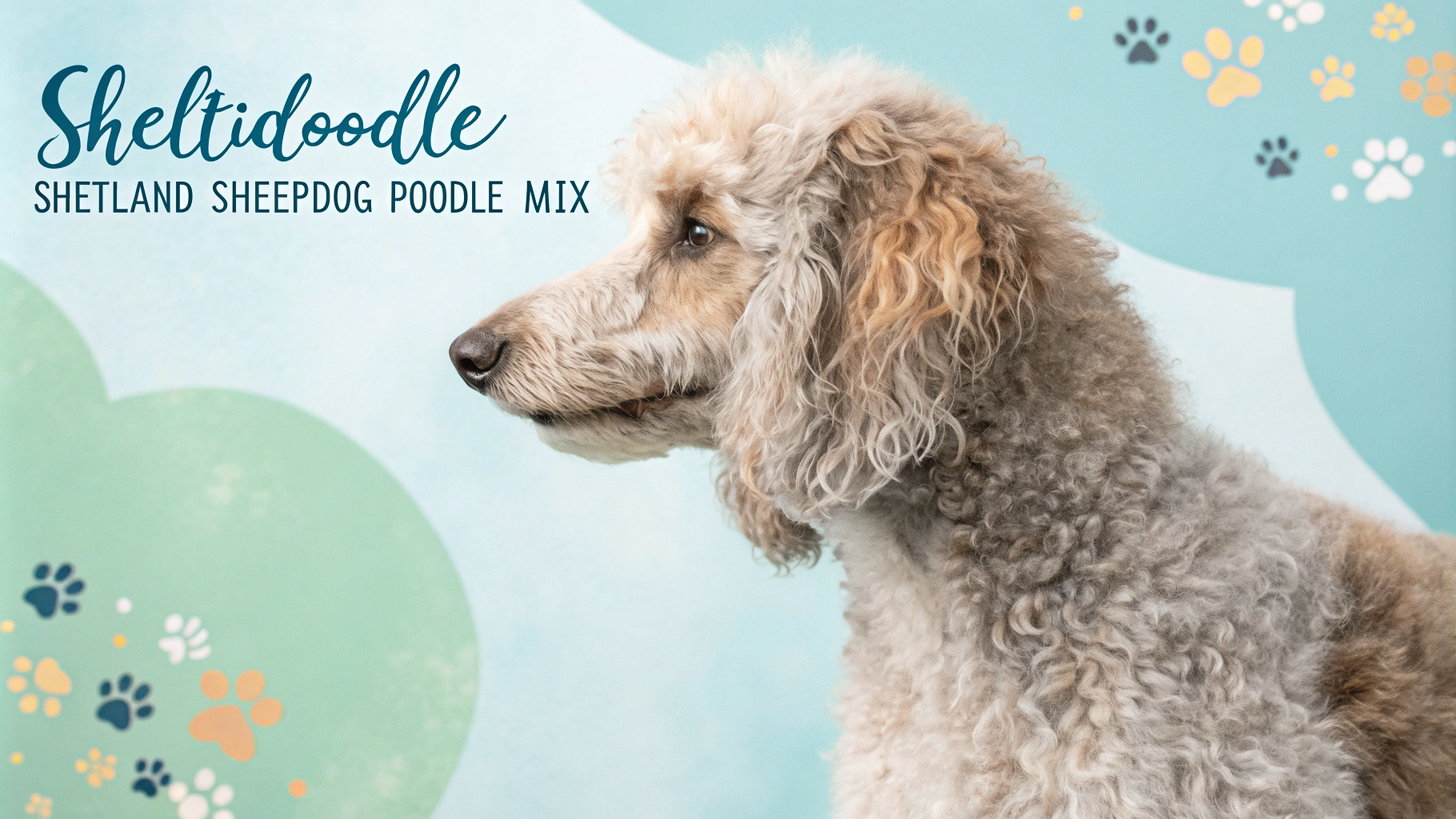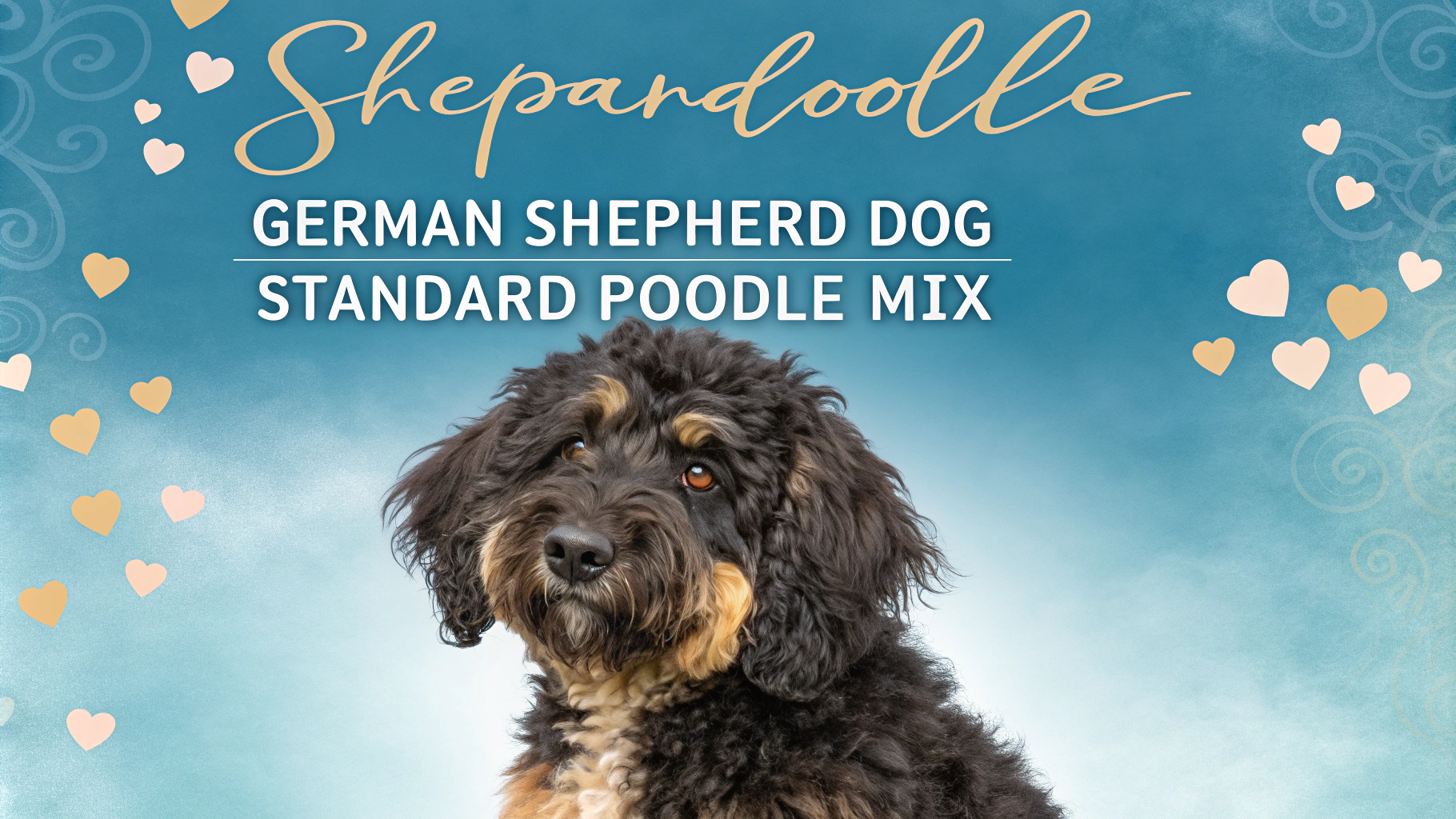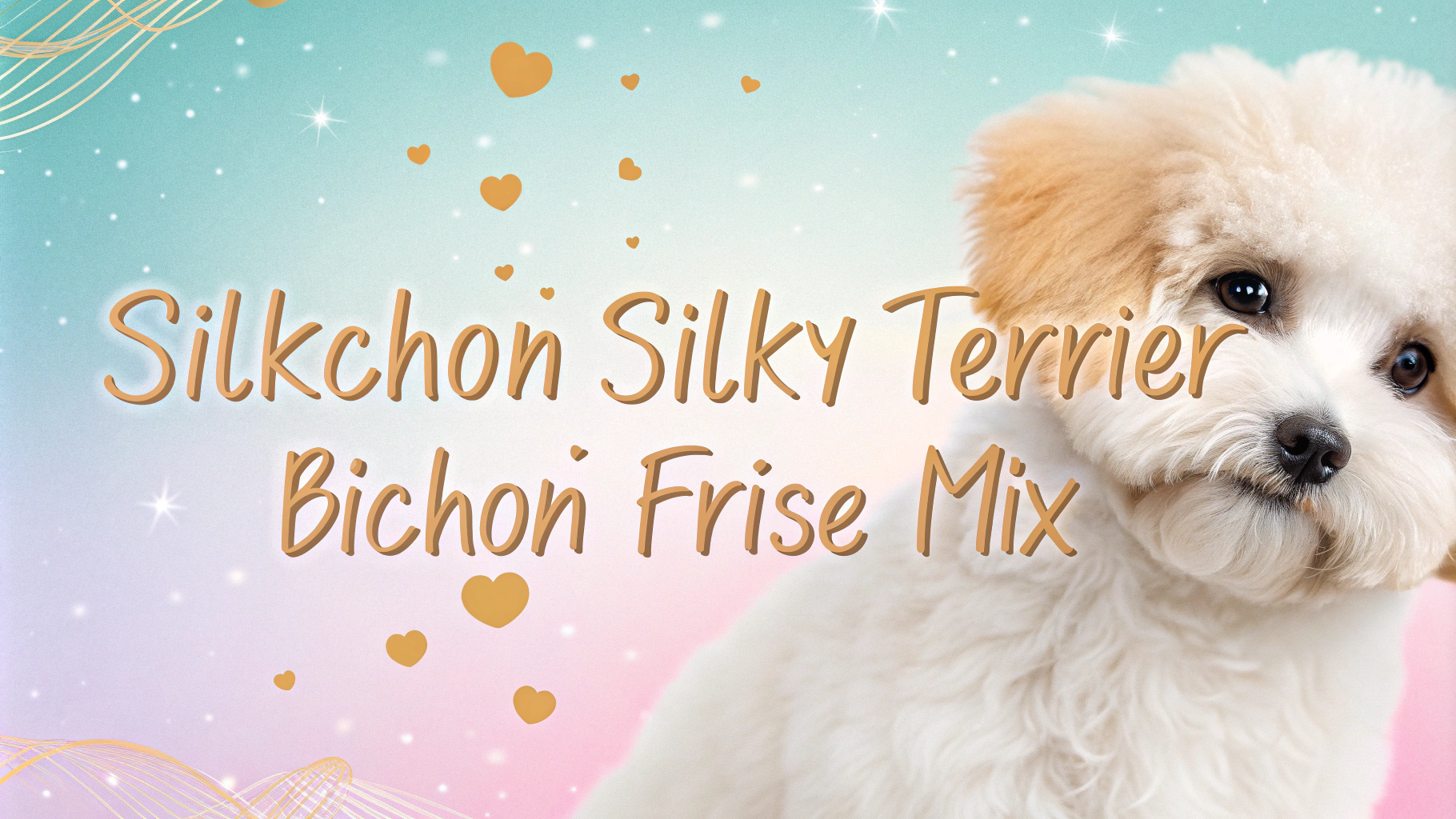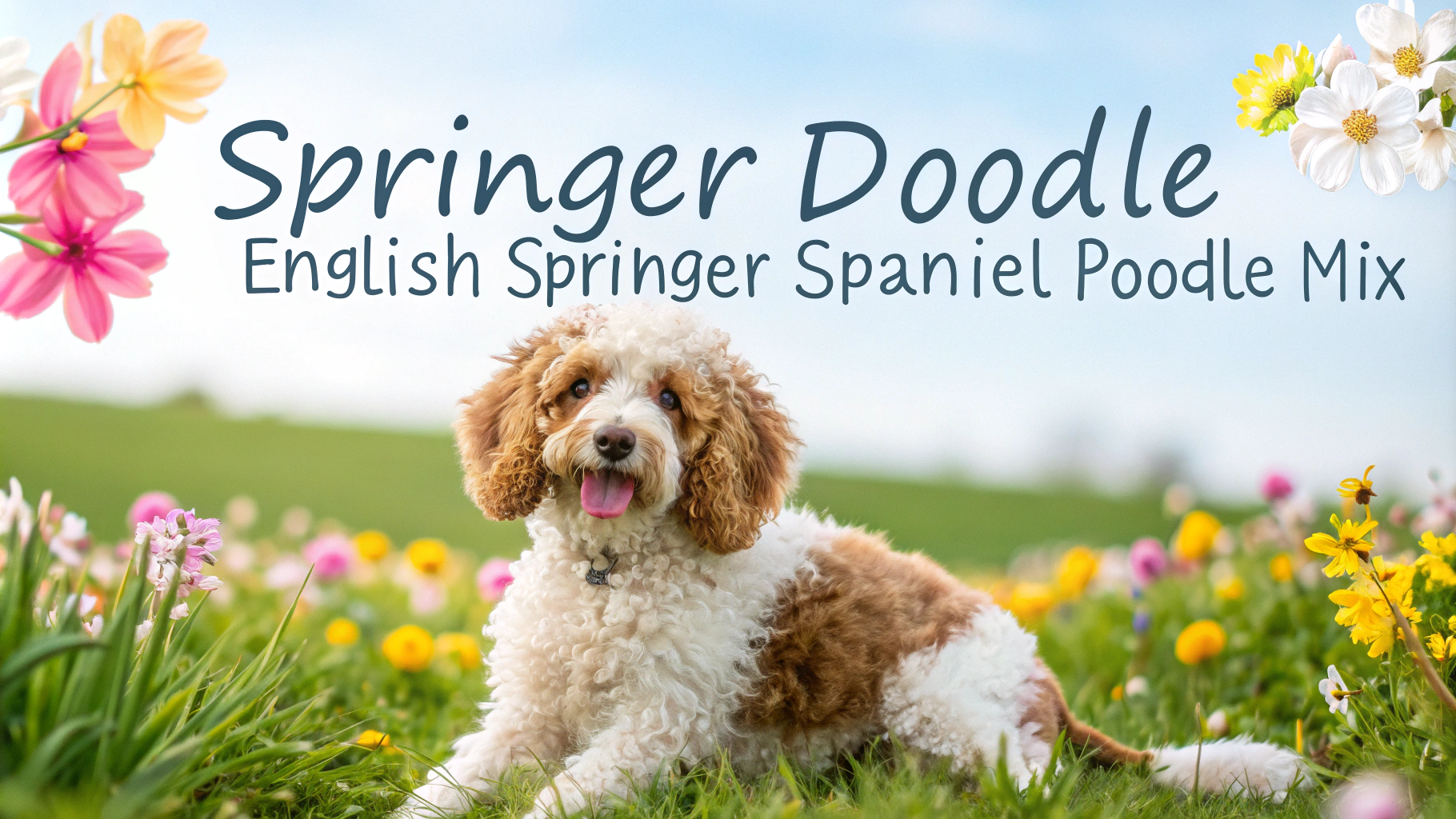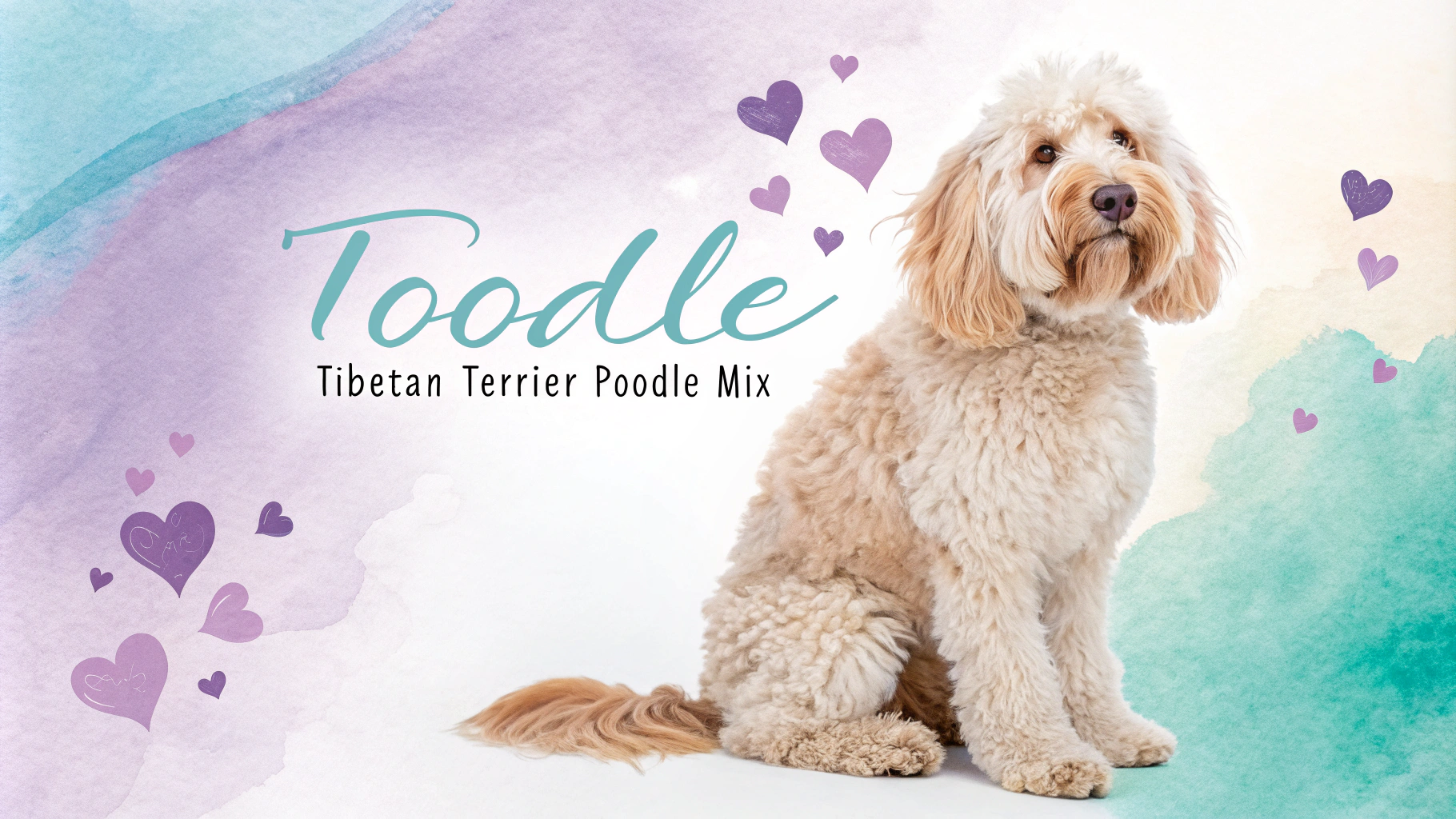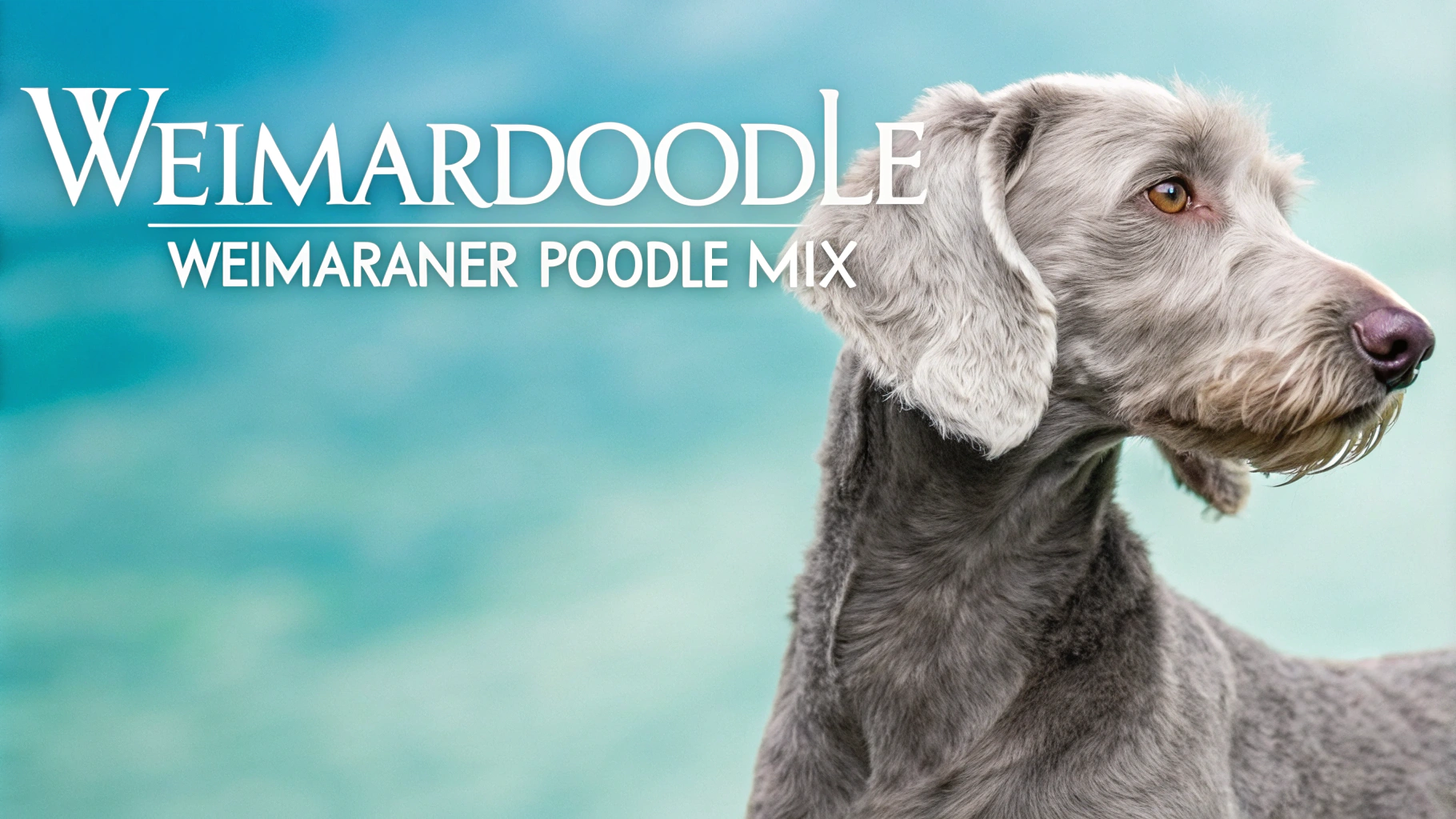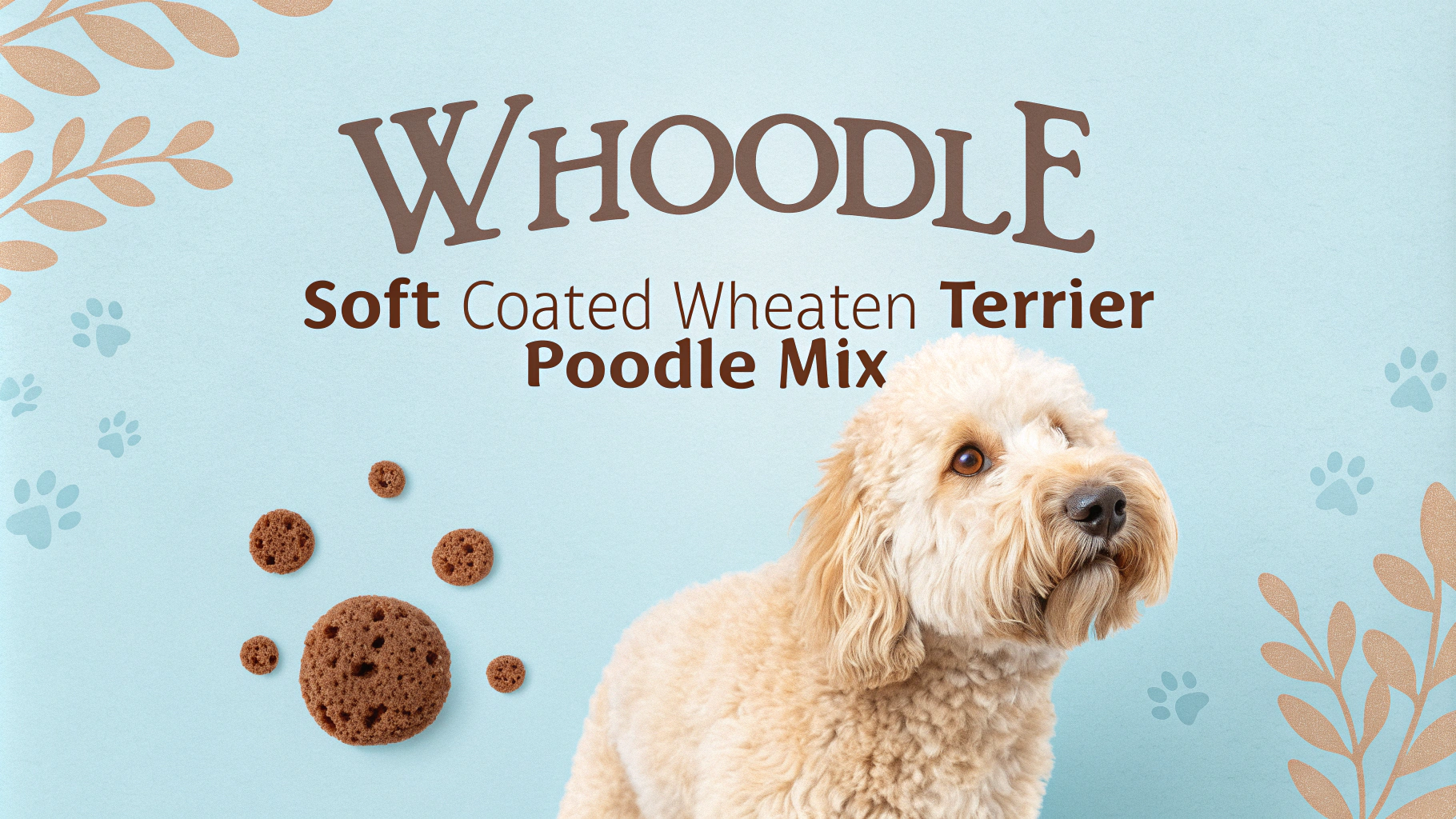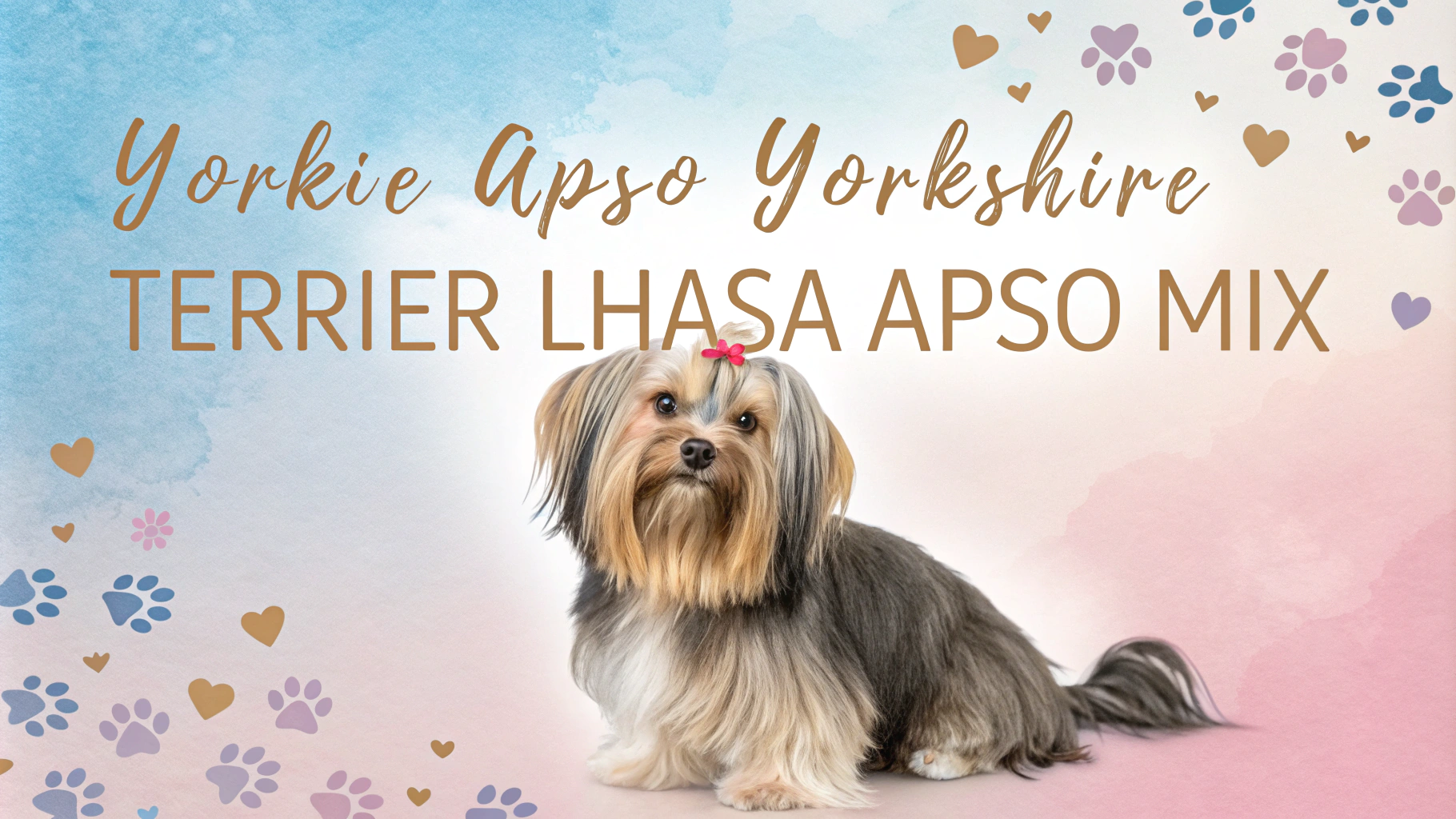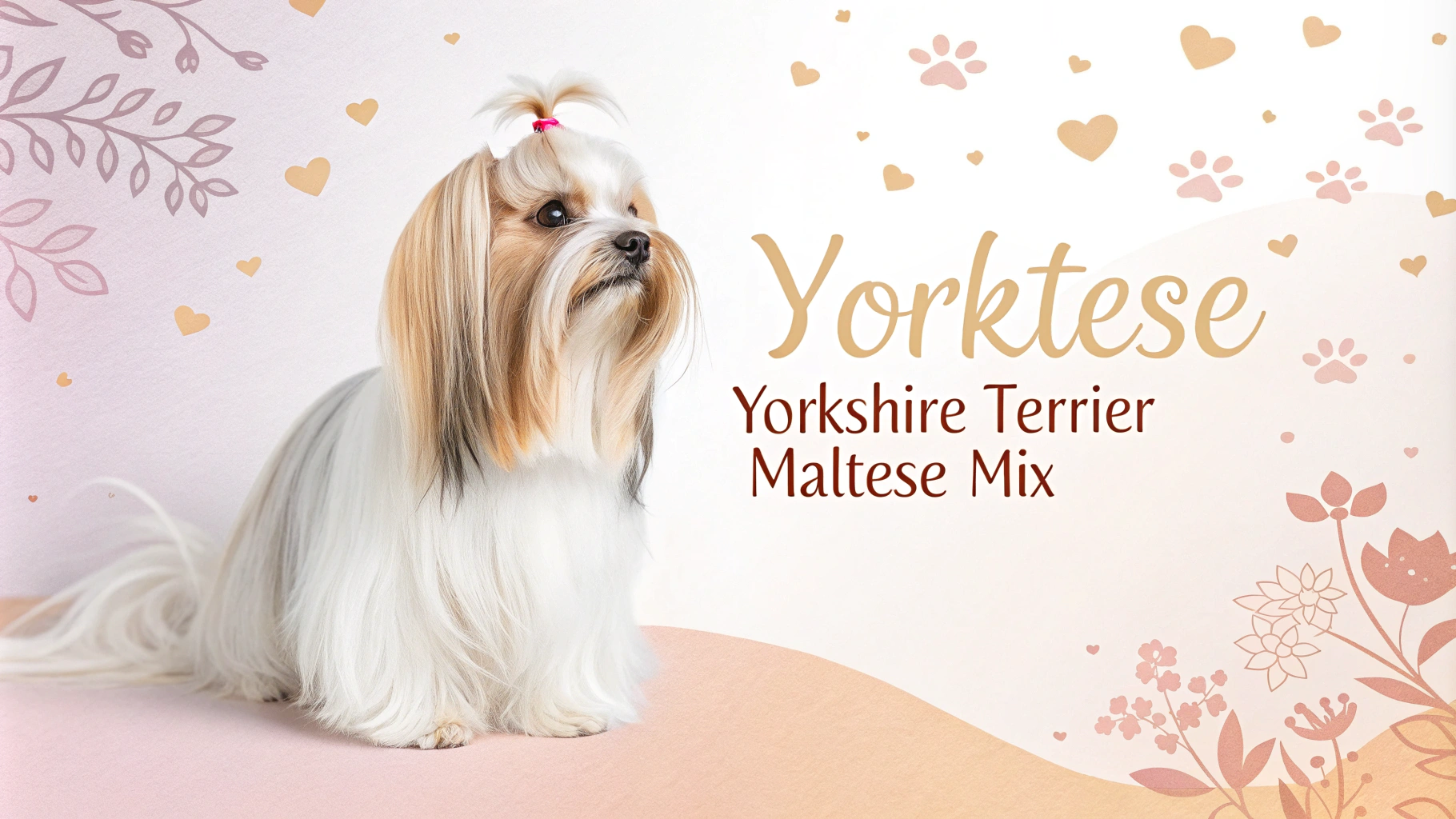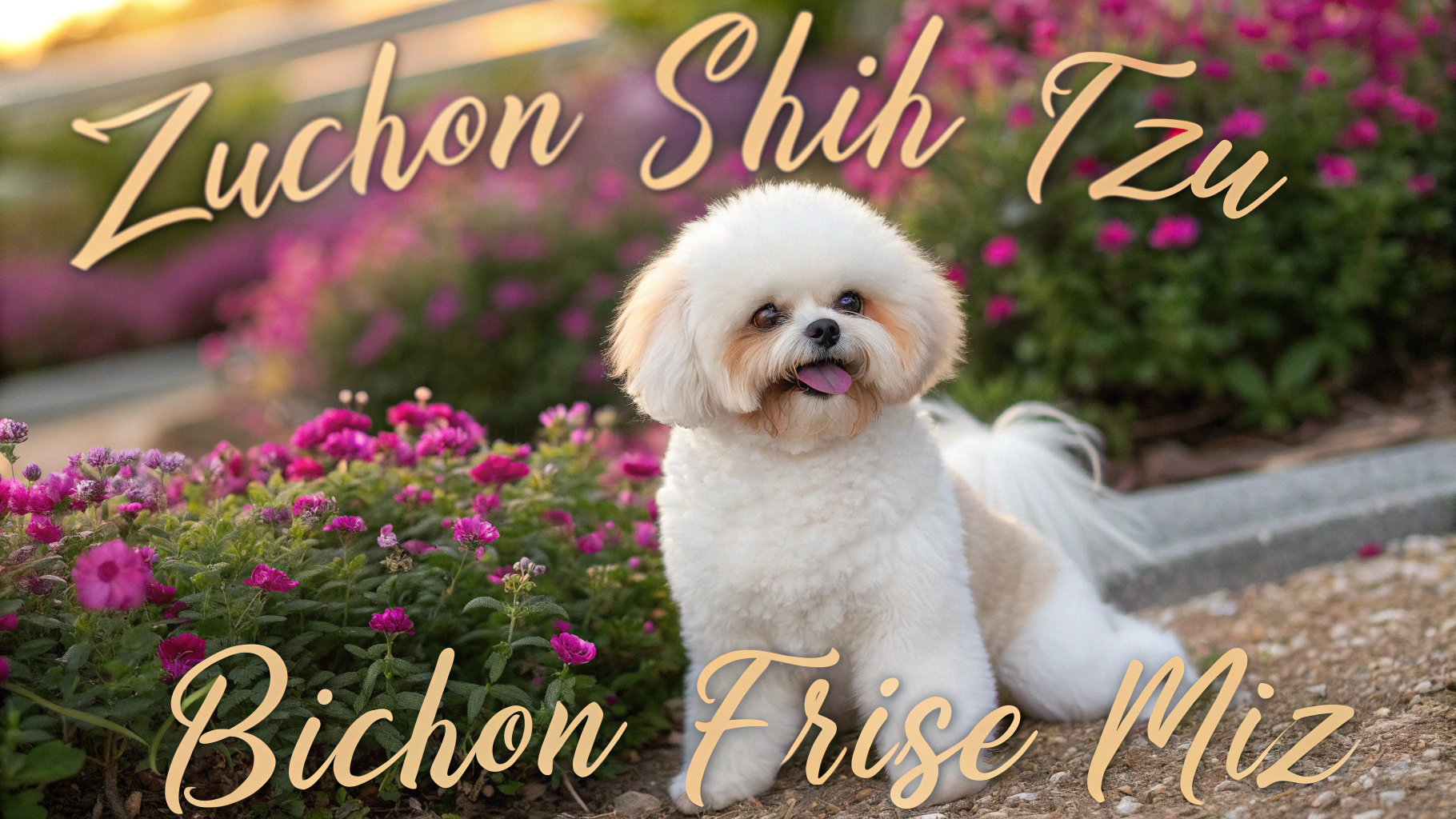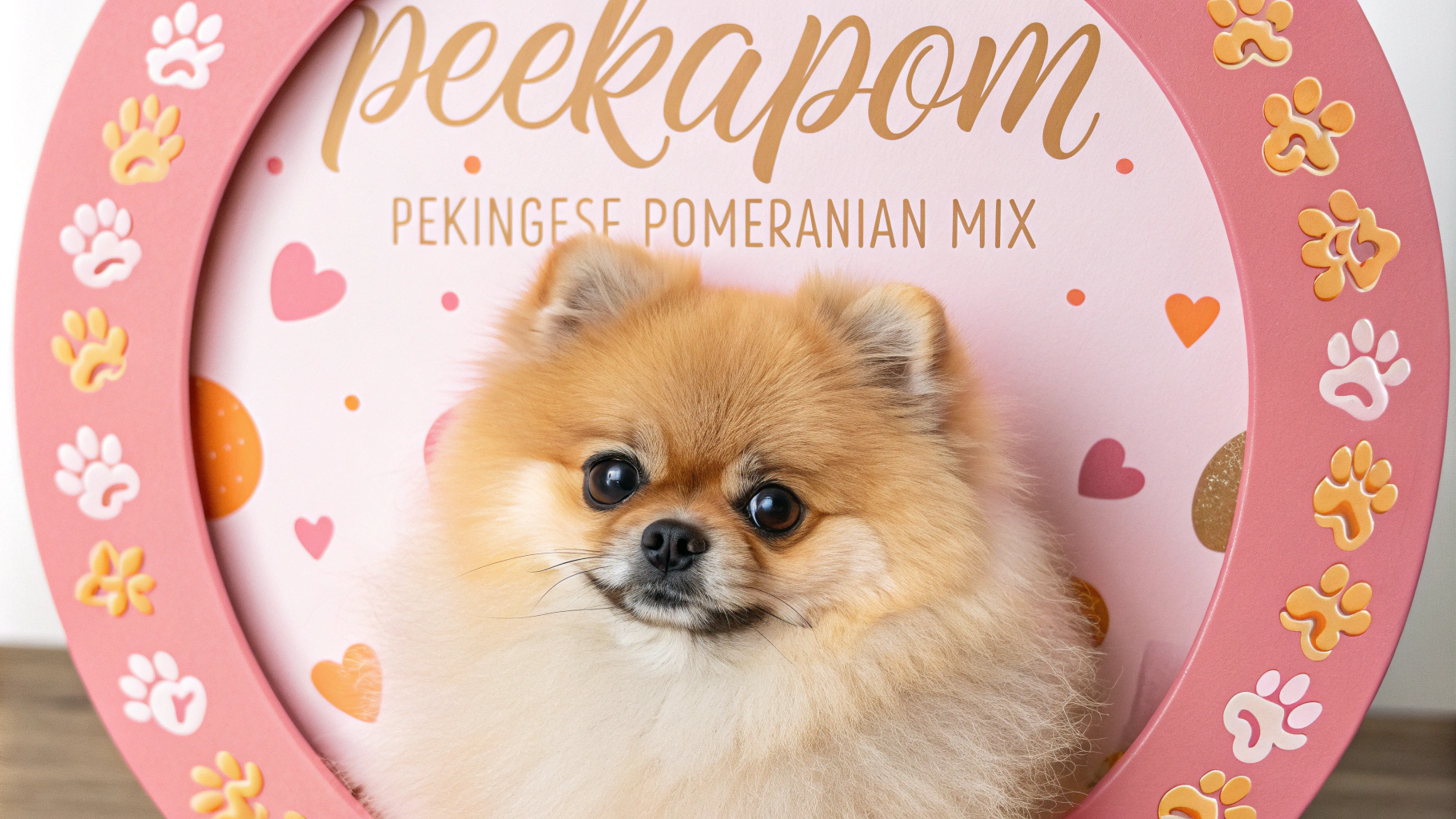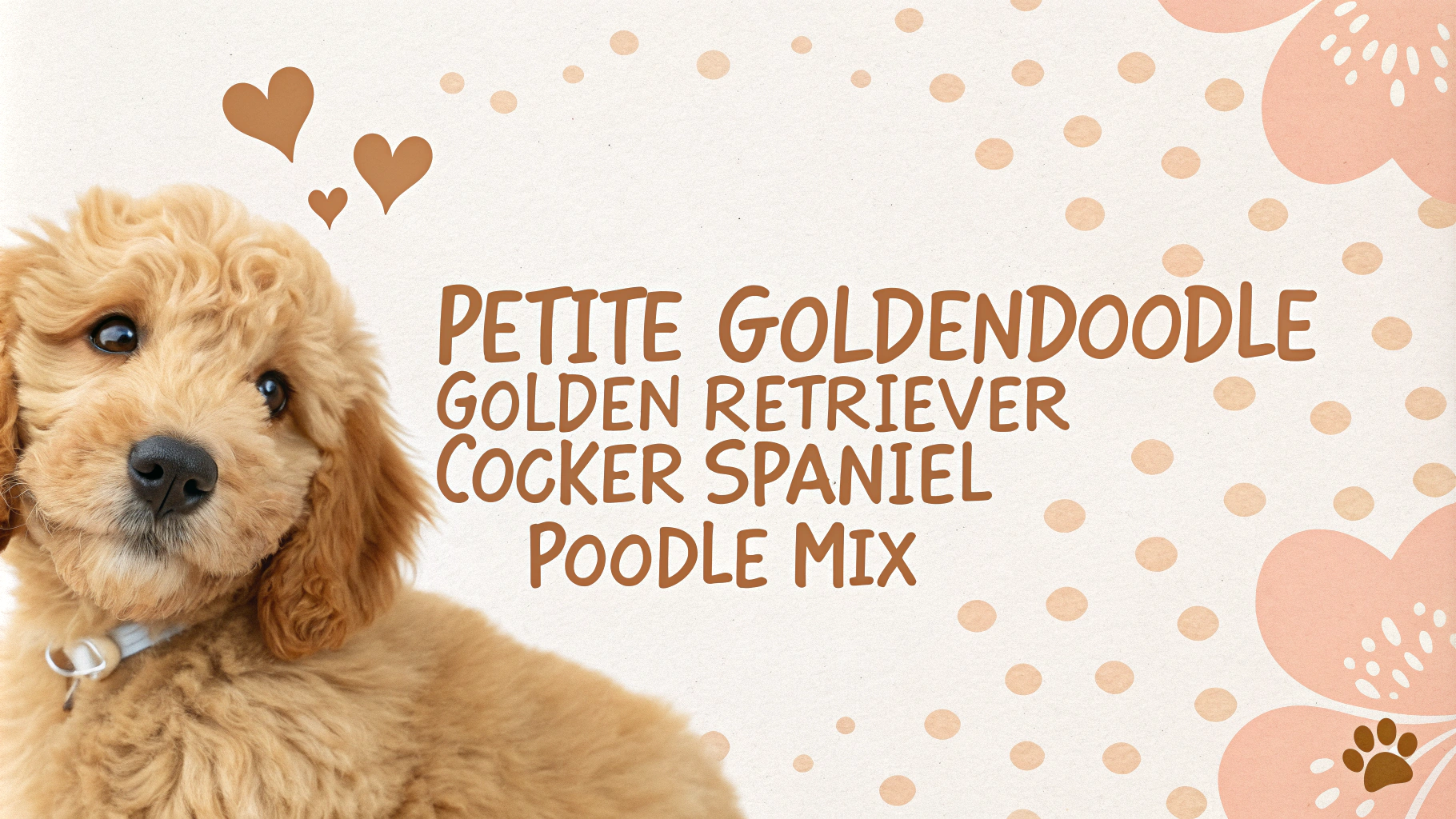The Beagi is a charming mixed breed dog resulting from the crossbreeding of a Beagle and a Corgi. This designer dog combines the friendly nature of the Beagle with the intelligence and loyalty of the Corgi, creating a unique and lovable companion. Beagis are known for their compact size, expressive eyes, and playful personalities, making them popular choices for families and individuals alike.
Key Facts
- Size: Small to medium
- Weight: 10-30 pounds
- Height: 10-15 inches
- Lifespan: 12-15 years
- Coat: Short to medium length, dense double coat
- Colors: Various combinations of white, black, tan, and brown
- Temperament: Friendly, intelligent, and energetic
- Good with children: Yes
- Good with other pets: Generally yes, but early socialization is important
Character Traits
Beagis inherit a blend of personality traits from their parent breeds, resulting in a unique and endearing character. These dogs are typically friendly, outgoing, and social, enjoying the company of both humans and other animals. They often display the Beagle’s curious and adventurous nature, combined with the Corgi’s intelligence and alertness.
Beagis are known for their playful and energetic temperament, making them excellent companions for active individuals or families. They have a strong desire to please their owners, which can make them relatively easy to train, although they may inherit some stubbornness from the Corgi side.
These mixed breed dogs are generally good with children and can be patient and gentle, making them suitable family pets. However, as with any dog, supervision is necessary when interacting with young children. Beagis may also inherit the Beagle’s tendency to bark or howl, especially when excited or alerted to something interesting.
Due to their intelligence and energy levels, Beagis require mental and physical stimulation to prevent boredom and potential destructive behavior. They thrive on attention and interaction with their human family members, often forming strong bonds and displaying loyalty to their owners.
History & Origins
The Beagi is a relatively new mixed breed, part of the growing trend of designer dogs that emerged in the late 20th and early 21st centuries. While the exact origin of the Beagi is not well-documented, it’s likely that intentional breeding of Beagles and Corgis began within the last few decades.
To understand the Beagi, it’s important to consider the history of its parent breeds. The Beagle has a long history as a scent hound, with origins dating back to Roman times. They were primarily bred for hunting small game, particularly rabbits, and became popular in England and later in the United States. Beagles are known for their excellent sense of smell and tracking abilities.
The Corgi, on the other hand, comes in two distinct breeds: the Pembroke Welsh Corgi and the Cardigan Welsh Corgi. Both originated in Wales and were bred as herding dogs, particularly for cattle. Corgis are known for their intelligence, agility, and distinctive short-legged appearance. The Pembroke Welsh Corgi, in particular, gained popularity as the favored breed of Queen Elizabeth II.
The combination of these two breeds in the Beagi aims to create a dog that inherits the best traits of both parents: the friendly and adventurous nature of the Beagle with the intelligence and loyalty of the Corgi. As with many designer dogs, the goal is to produce a companion animal that suits modern lifestyles while potentially mitigating some of the health issues associated with purebred dogs.
Health Concerns
The Beagi, like many mixed breeds, can inherit health issues from both parent breeds. Common health concerns may include:
- Hip dysplasia: A genetic condition affecting the hip joint, more common in Corgis.
- Intervertebral disc disease (IVDD): Due to the Corgi’s long back, Beagis may be prone to spinal issues.
- Eye problems: Including glaucoma and progressive retinal atrophy, which can be inherited from both parent breeds.
- Hypothyroidism: A condition where the thyroid gland doesn’t produce enough hormones.
- Ear infections: Due to the Beagle’s long, floppy ears, Beagis may be prone to ear problems.
Regular veterinary check-ups, maintaining a healthy weight, and providing proper exercise can help mitigate some of these health risks. It’s also important to obtain your Beagi from a reputable breeder who conducts health screenings on parent dogs.
Exercise Needs
Beagis are generally active and energetic dogs, inheriting traits from both the Beagle and Corgi. They require regular exercise to maintain their physical and mental well-being. A typical exercise routine for a Beagi might include:
- Daily walks: At least 30-60 minutes of brisk walking or jogging.
- Playtime: Interactive games like fetch, tug-of-war, or hide-and-seek.
- Mental stimulation: Puzzle toys, training sessions, or scent work to engage their keen sense of smell.
- Socialization: Dog park visits or playdates with other dogs, if properly socialized.
It’s important to note that while Beagis have high energy levels, they may have limitations due to their potentially shorter legs inherited from the Corgi parent. Always monitor your dog during exercise and adjust activities as needed based on their individual capabilities and health status.
Space Requirements
Beagis are adaptable dogs that can thrive in various living situations, but certain considerations should be made:
- Apartment living: Beagis can adapt to apartment life if given sufficient exercise and mental stimulation. However, they may bark frequently, which could be an issue in close quarters.
- House with a yard: Ideal for Beagis, as it provides space for them to explore and play. However, ensure the yard is securely fenced, as they may inherit a strong prey drive and tendency to wander from their Beagle parent.
- Indoor space: While not large dogs, Beagis are active and benefit from having enough indoor space to move around comfortably.
- Outdoor access: Regular access to outdoor areas for exercise and bathroom breaks is important.
Regardless of living situation, Beagis require mental and physical stimulation. If living in a smaller space, ensure they receive adequate outdoor exercise and play time to prevent boredom and potential destructive behaviors.
Nutrition & Feeding
Proper nutrition is crucial for maintaining the health and well-being of a Beagi. Consider the following guidelines:
- High-quality dog food: Choose a premium dog food appropriate for their age, size, and activity level. Look for foods with real meat as the first ingredient.
- Portion control: Beagis can be prone to overeating, especially if they inherit the Beagle’s appetite. Measure food carefully and avoid free-feeding.
- Feeding schedule: Typically, adult Beagis should be fed twice a day. Puppies may require more frequent meals.
- Treats: Use treats sparingly for training purposes. Ensure treats make up no more than 10% of their daily caloric intake.
- Fresh water: Always provide access to clean, fresh water.
It’s important to monitor your Beagi’s weight and adjust food portions as needed. Obesity can exacerbate health issues, particularly those related to the spine and joints. Consult with your veterinarian to determine the best diet plan for your individual Beagi, taking into account their age, weight, and any specific health concerns.
Grooming Tips
The Beagi, a mix of Beagle and Corgi, typically has a short to medium-length double coat that sheds moderately throughout the year, with heavier shedding seasons. Regular grooming is essential to keep their coat healthy and minimize shedding. Here are some key grooming tips for Beagis:
- Brushing: Brush your Beagi’s coat 2-3 times a week using a slicker brush or bristle brush to remove loose fur and distribute natural oils. During shedding seasons, daily brushing may be necessary.
- Bathing: Bathe your Beagi every 6-8 weeks or as needed, using a dog-specific shampoo. Over-bathing can strip the coat of natural oils, leading to skin irritation.
- Nail trimming: Trim your Beagi’s nails every 2-4 weeks, or as needed, to prevent overgrowth and discomfort.
- Ear cleaning: Check and clean your Beagi’s ears weekly, as both parent breeds are prone to ear infections. Use a veterinarian-approved ear cleaner and cotton balls.
- Dental care: Brush your Beagi’s teeth 2-3 times a week with dog-specific toothpaste to prevent dental issues.
Regular grooming sessions also provide an opportunity to check for any skin issues, lumps, or abnormalities. If you notice any concerns, consult with your veterinarian promptly.
Training Approach
Training a Beagi requires patience, consistency, and positive reinforcement techniques. These intelligent and sometimes stubborn dogs respond best to reward-based training methods. Here are some key points to consider when training your Beagi:
- Early socialization: Expose your Beagi to various people, animals, and environments from a young age to promote confident and well-adjusted behavior.
- Positive reinforcement: Use treats, praise, and toys to reward good behavior and encourage desired actions.
- Consistency: Establish clear rules and boundaries, and ensure all family members follow the same training approach.
- Short training sessions: Keep training sessions brief (5-10 minutes) and fun to maintain your Beagi’s interest and prevent boredom.
- Mental stimulation: Incorporate puzzle toys and scent games into training to engage your Beagi’s natural intelligence and hunting instincts.
Be prepared for potential challenges such as a strong prey drive and occasional stubbornness. Focus on recall training and leash manners to ensure your Beagi’s safety during walks. If you encounter persistent behavioral issues, consider working with a professional dog trainer experienced in mixed breeds.
